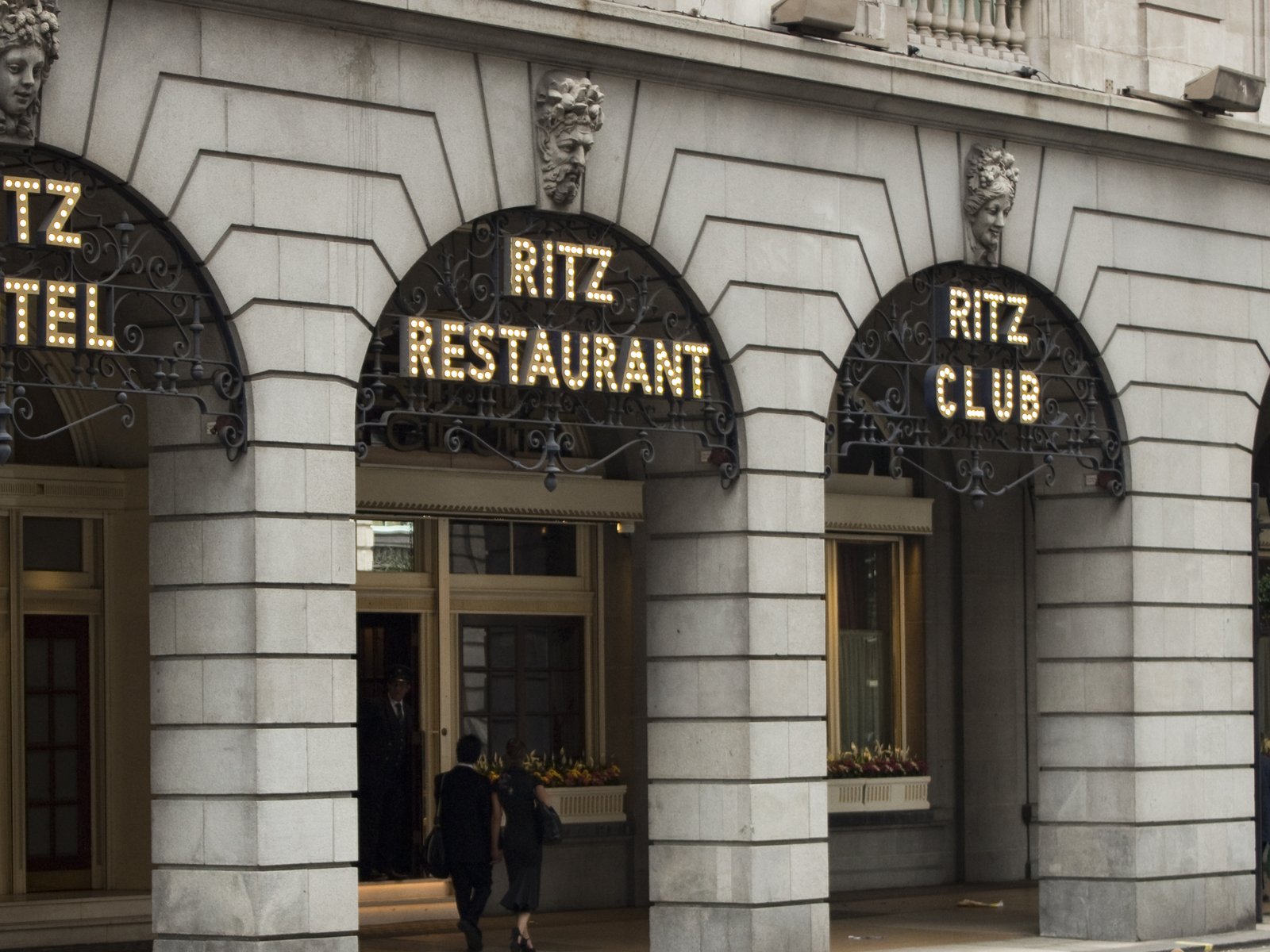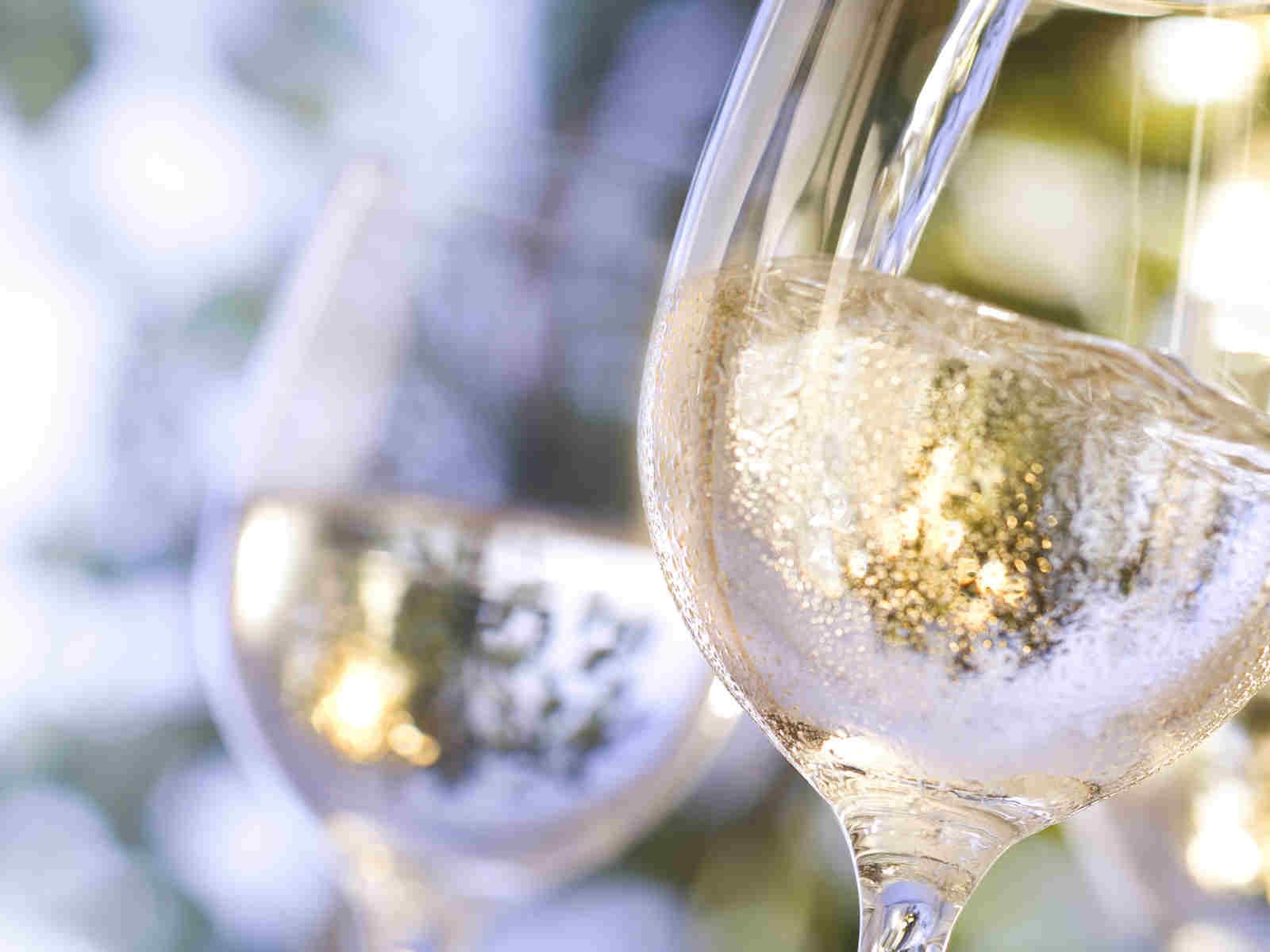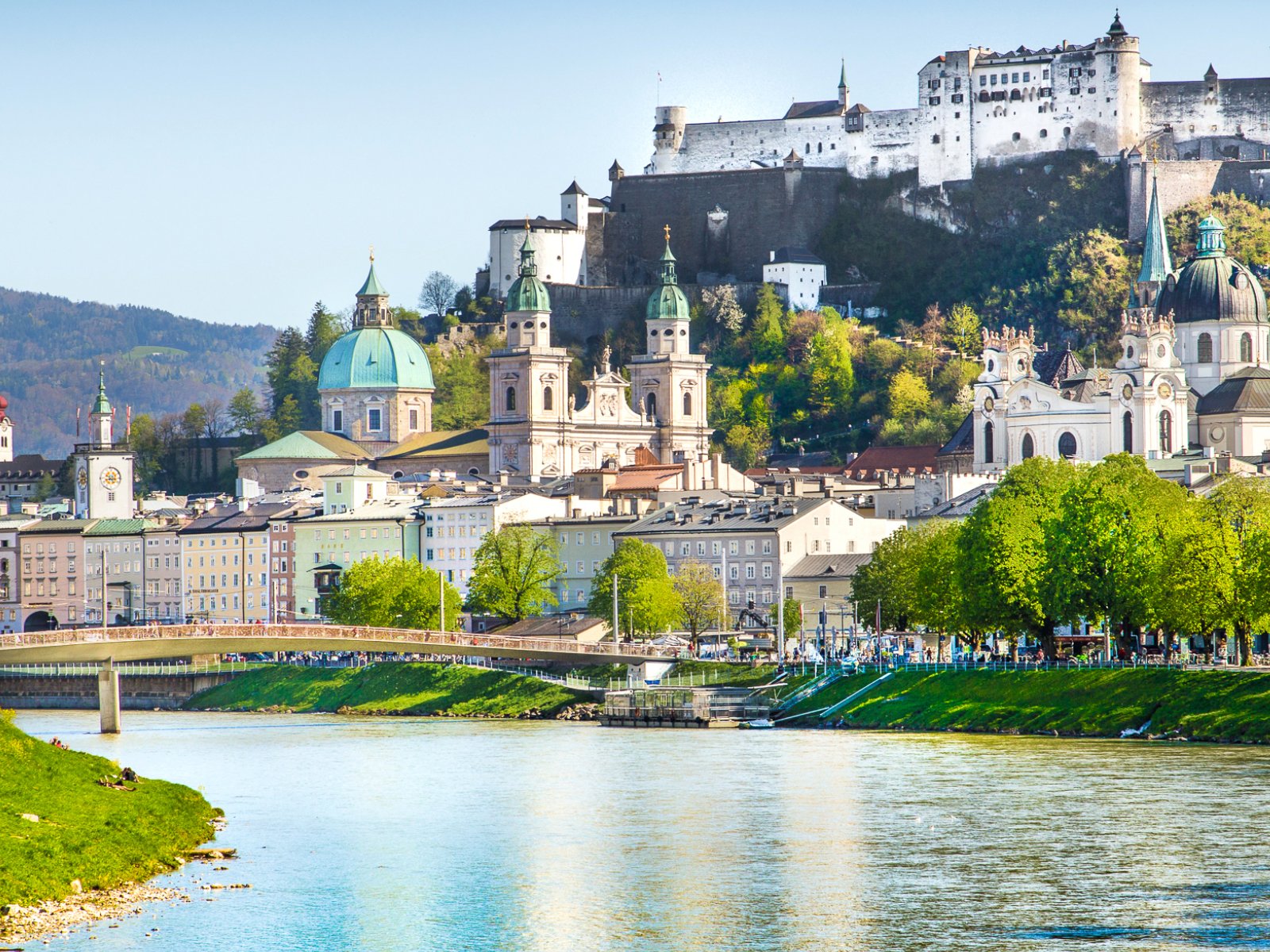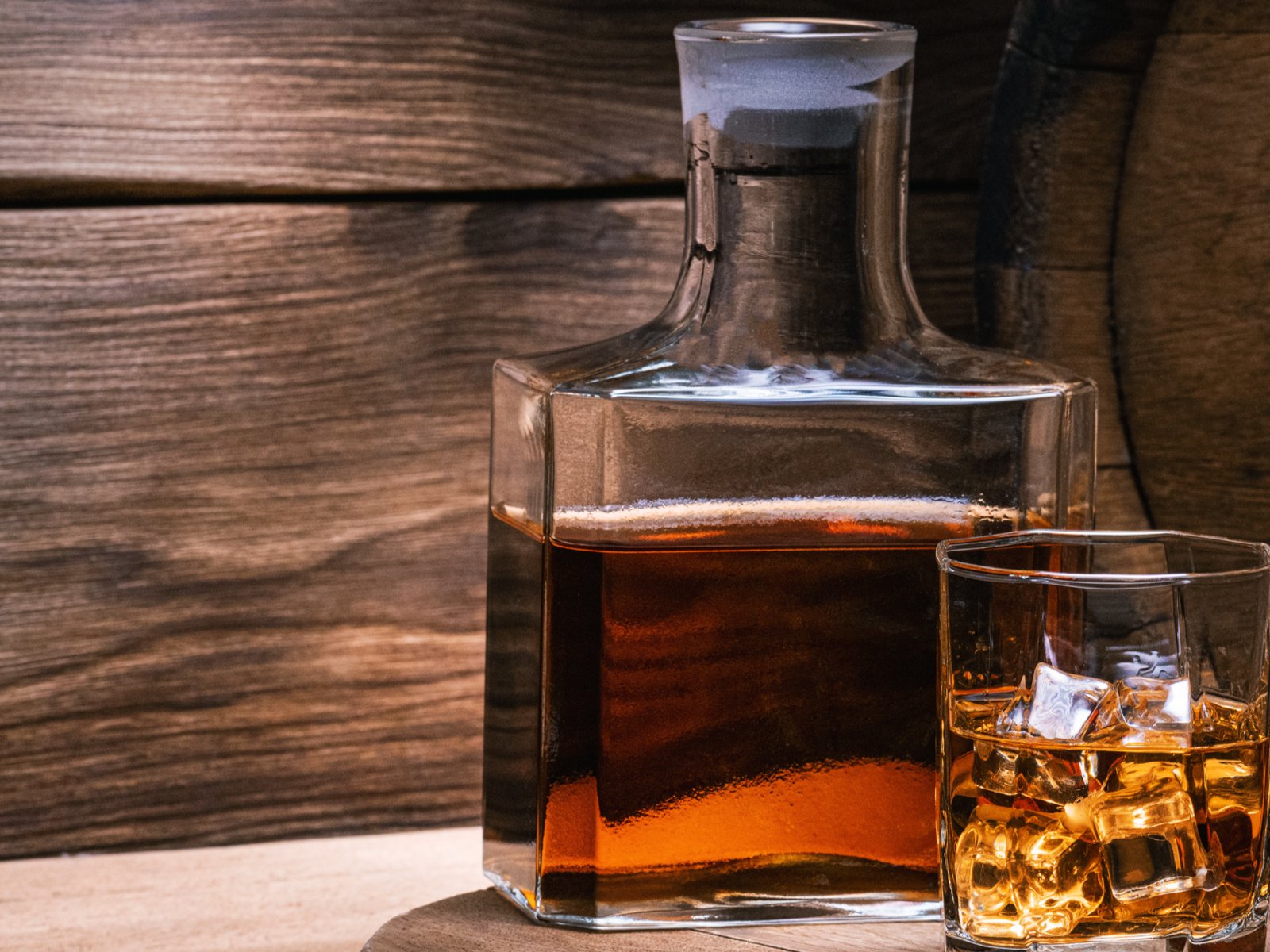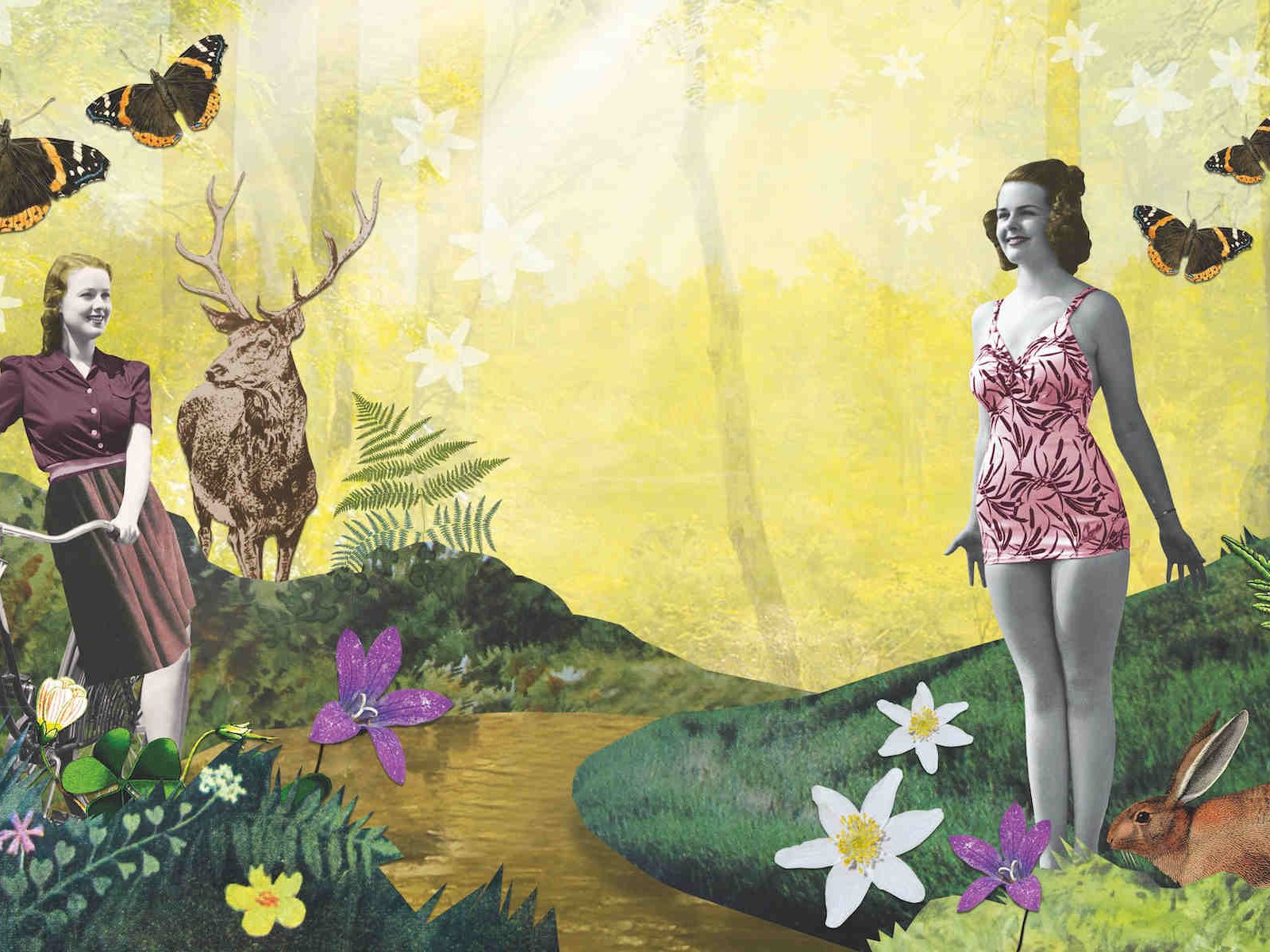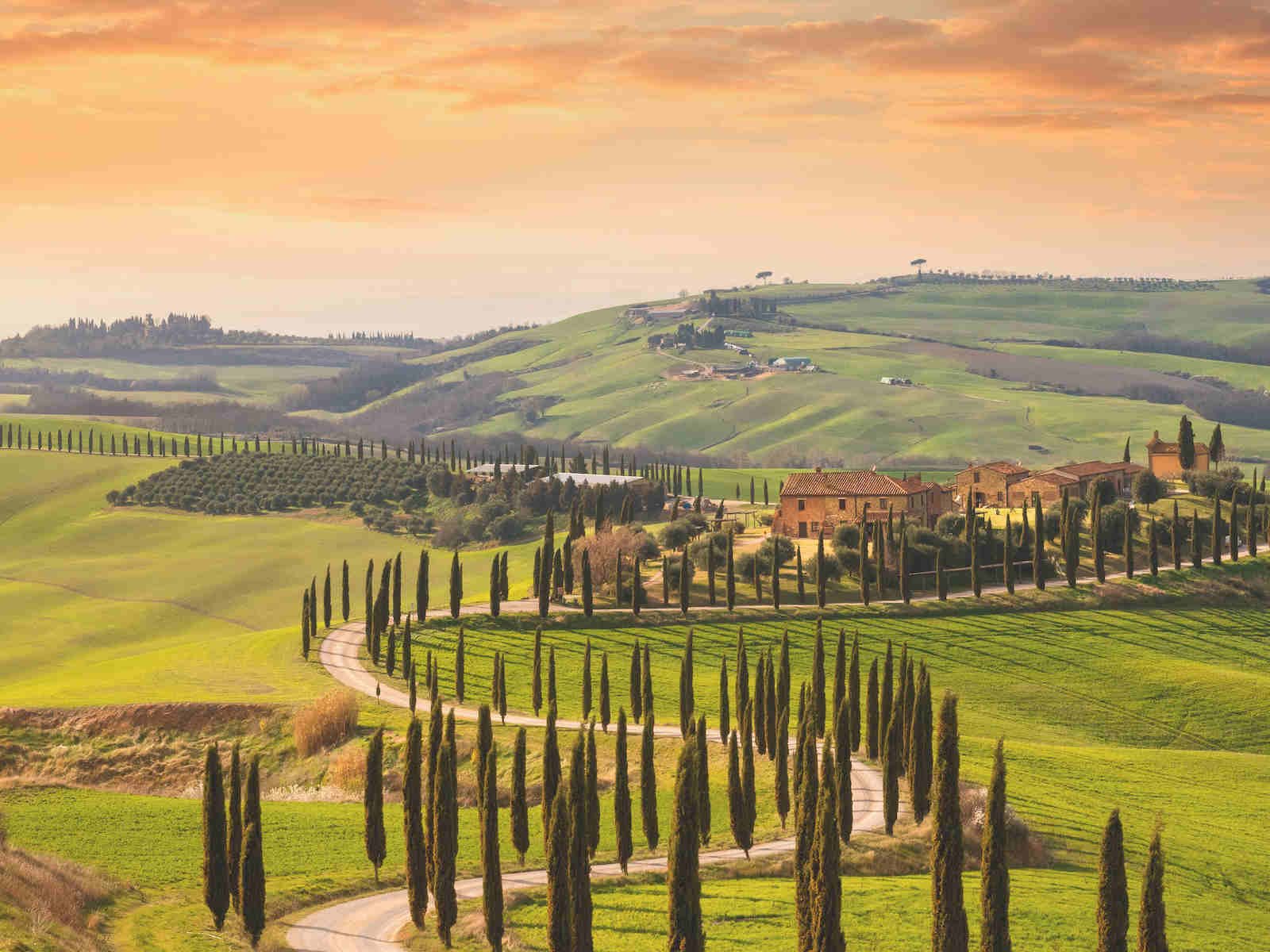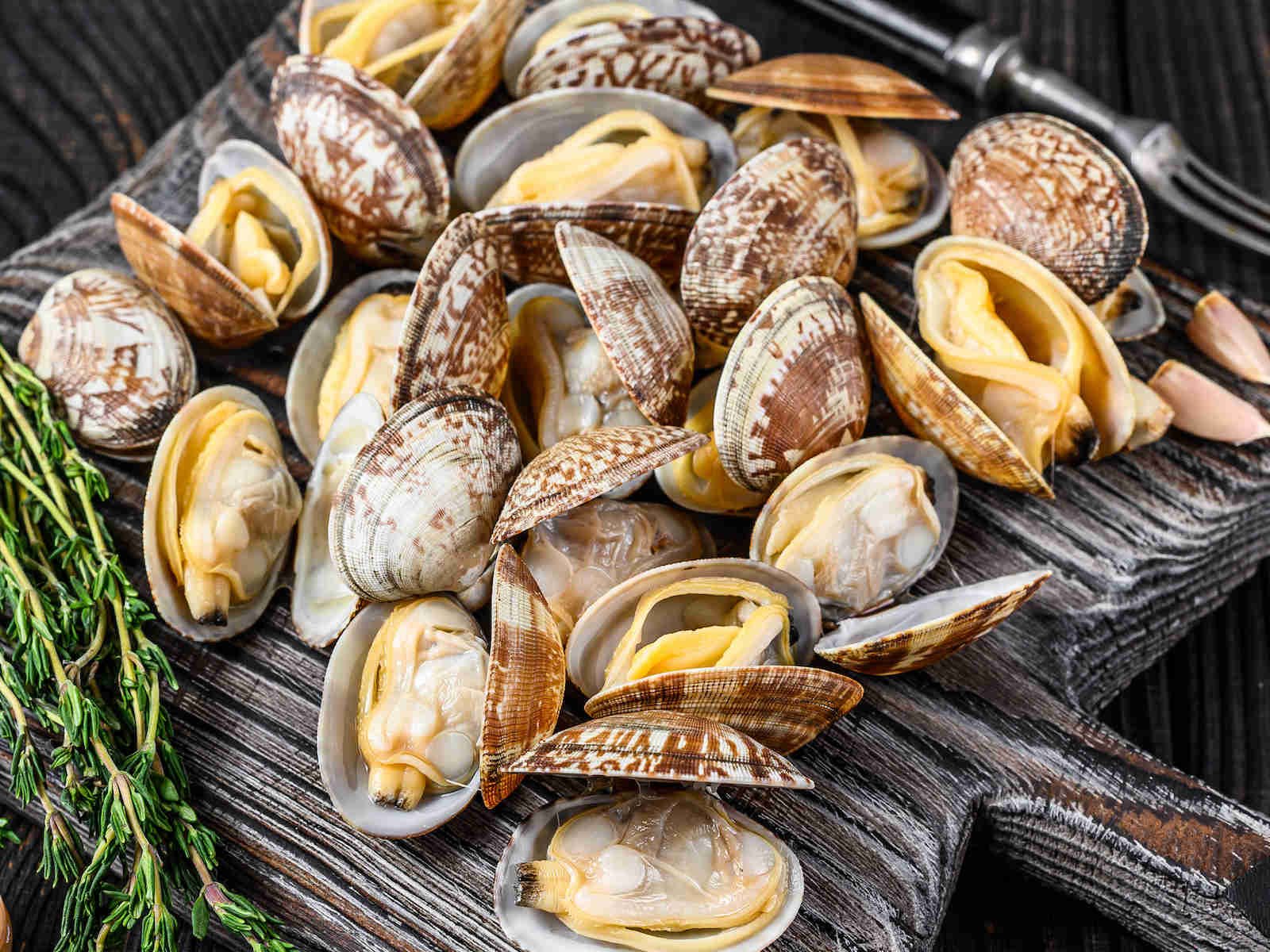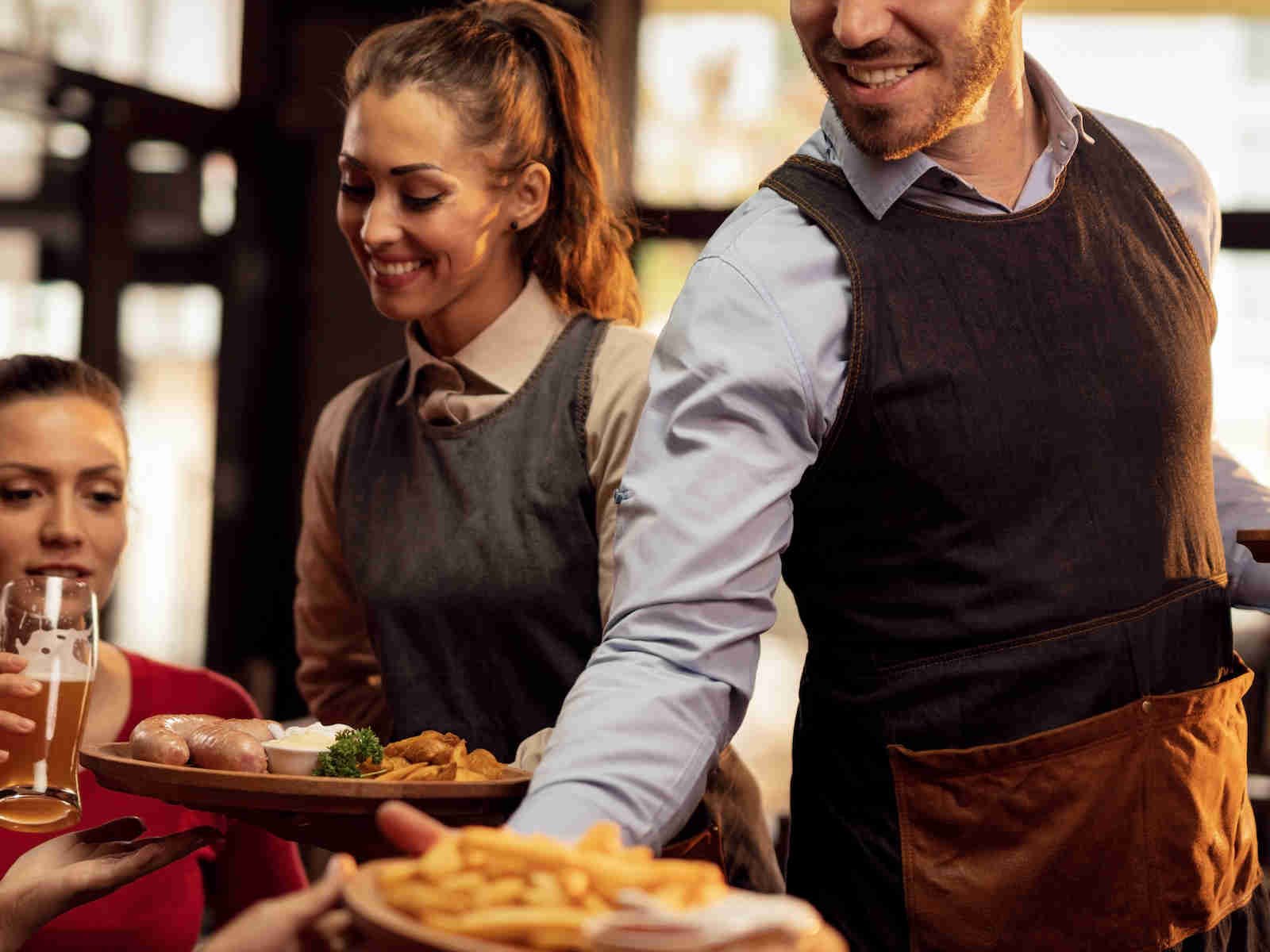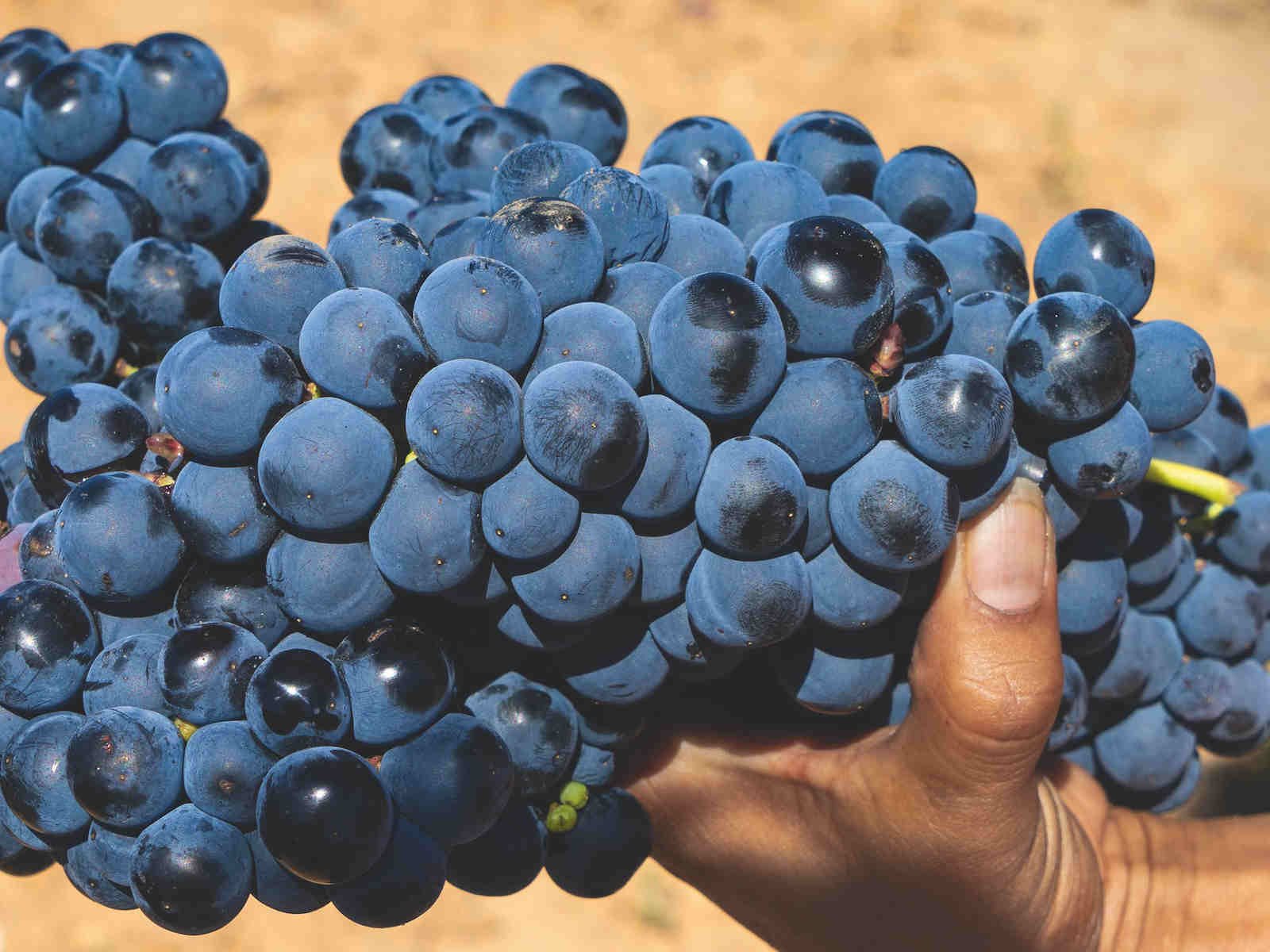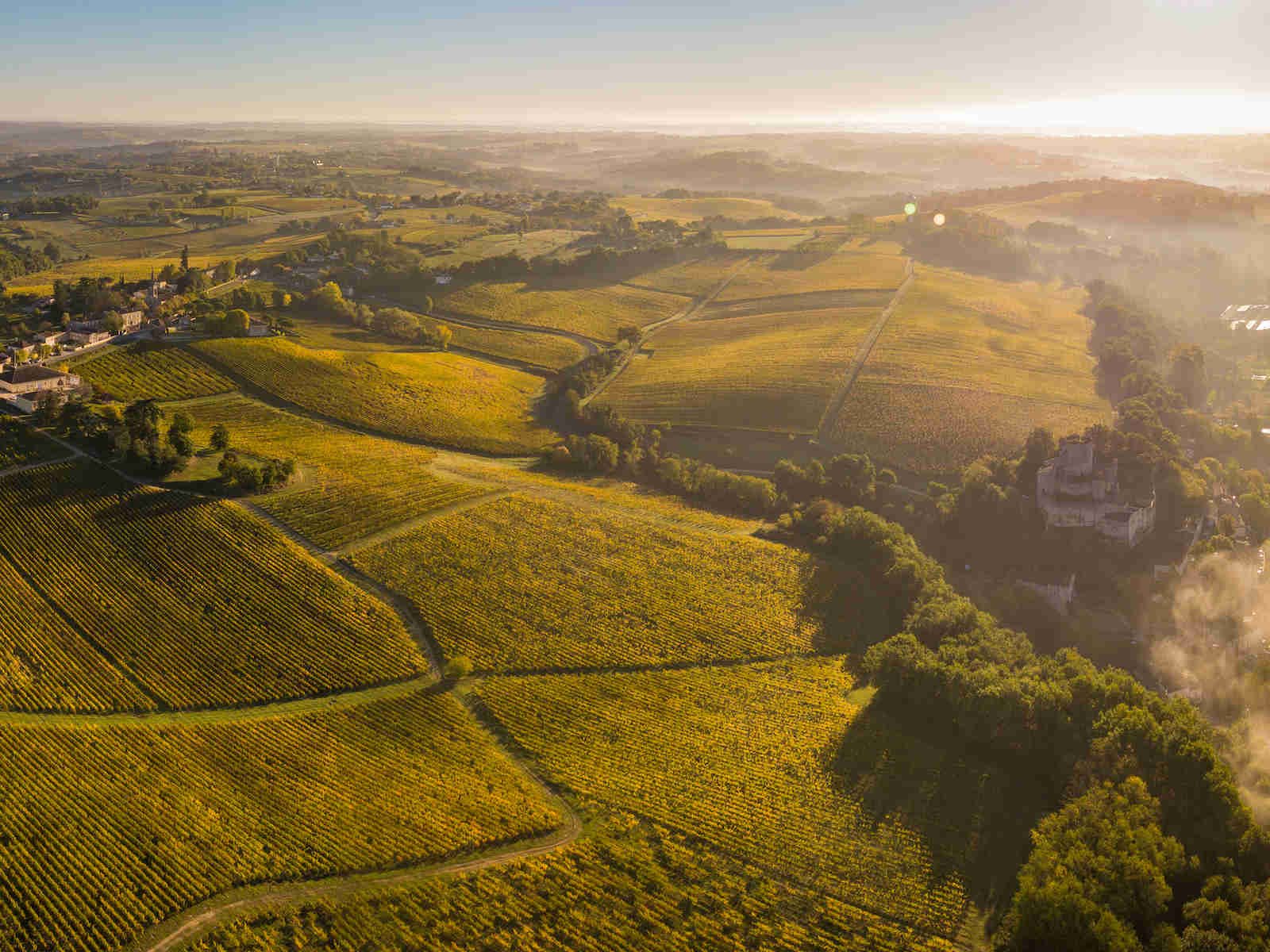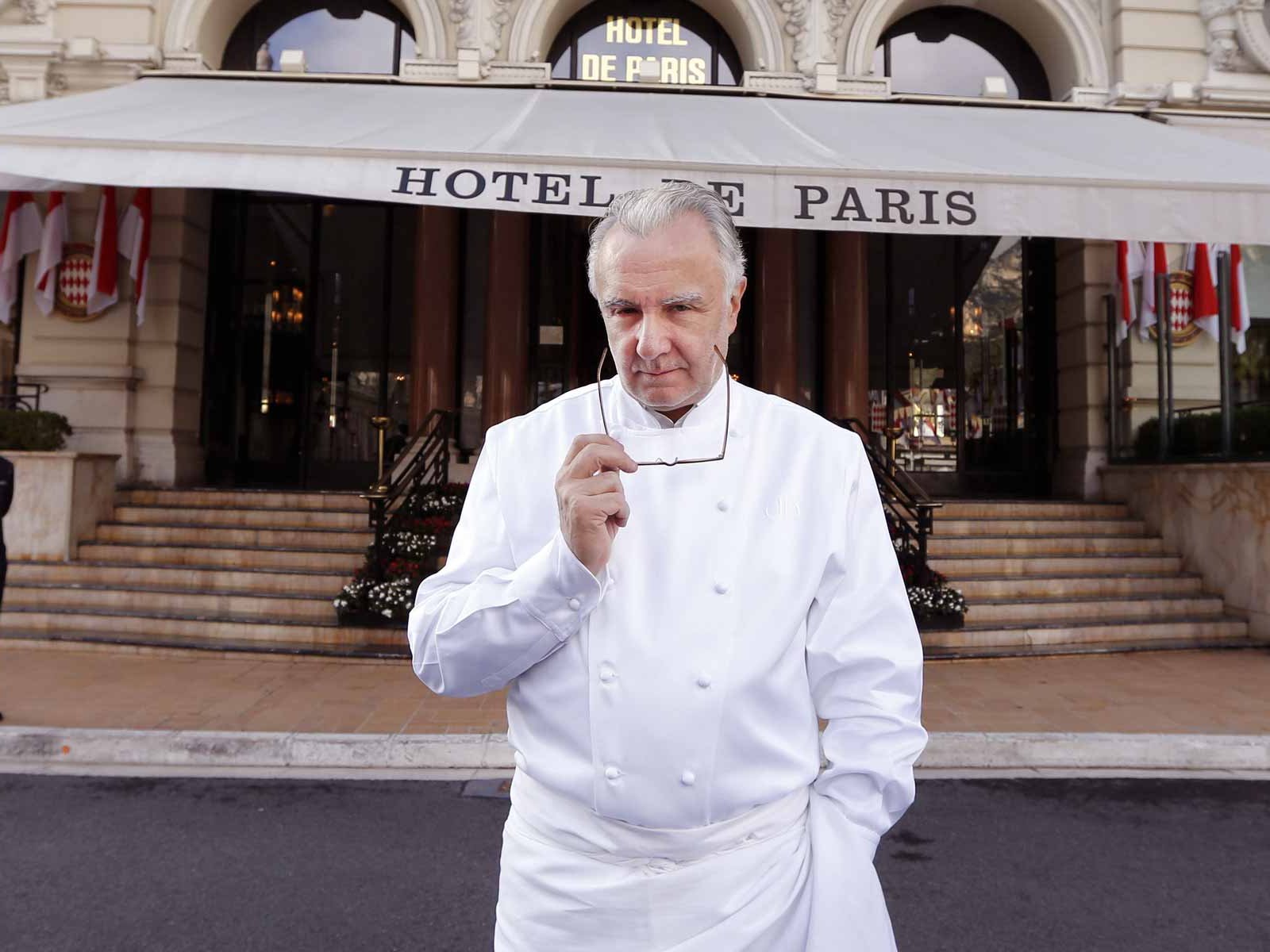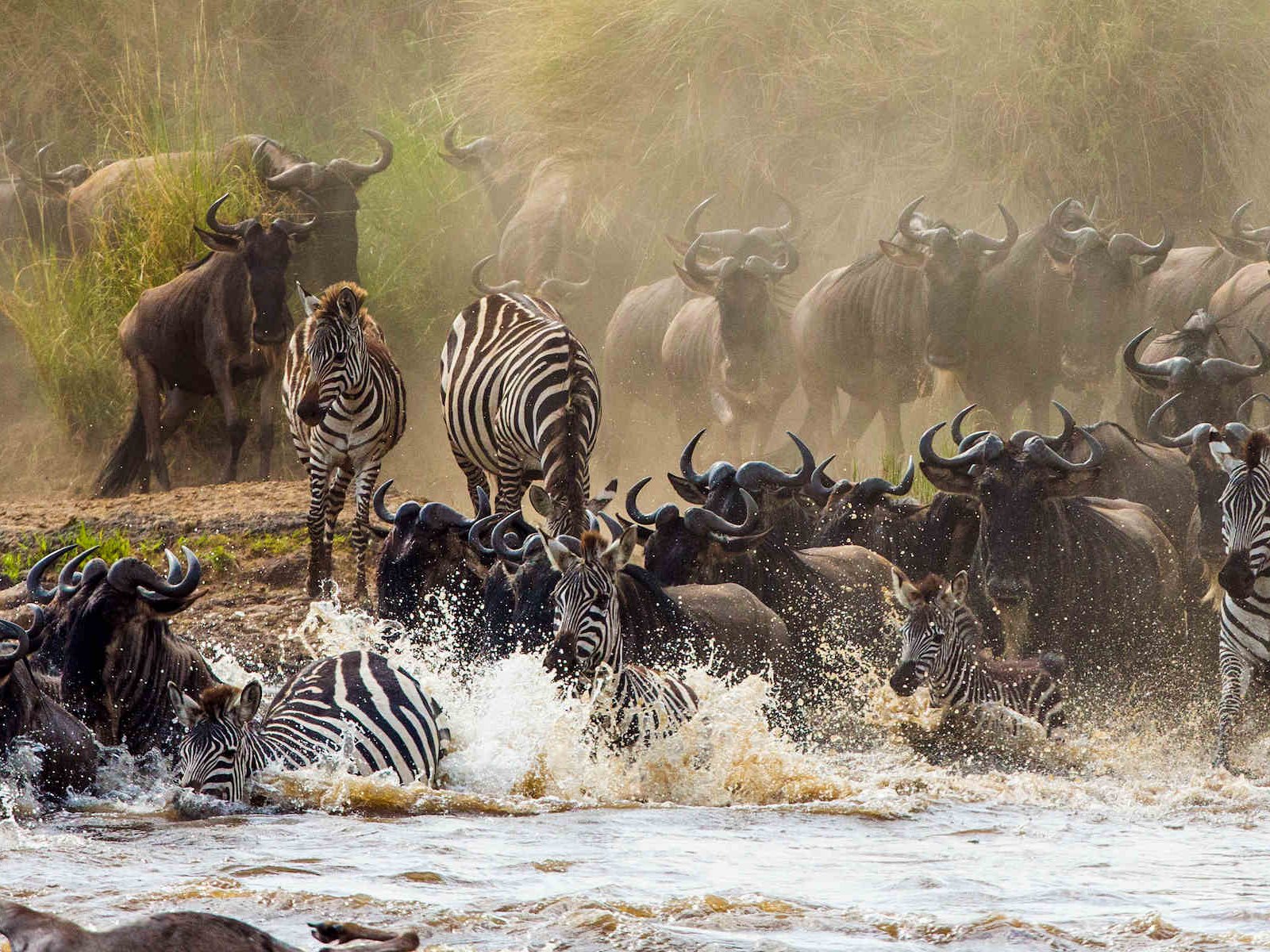Think Differently
Angelo Gaja is a fourth-generation winemaker at his family estate Gaja in Piedmont, Italy. He revolutionised winemaking in his home region, putting Barbaresco on the map.
Barbaresco has not had it easy in the past. When compared with Barolo, it only ever shone with what it had less of: less body, less structure, less perfume, less alcohol, less ageability, less fascination.
Two aspects in particular have helped to take it to the top: the winemakers’ commitment in vineyard and cellar and climate change – not all bad things come to an end. It was climate change that helped the Nebbiolo grape to reach full ripeness in every vintage – not something that could be taken for granted in the past – and it has given Barbaresco just a little more roundness along with harmony and elegance. I would not be surprised if Barbaresco wore the crown of il grande classico italiano, the great Italian classic, in the future.
Philosophies
Gaja contributed to the rebirth of Barbaresco in international markets in the 1960s, 70s and 80s when it still was the great unknown. I was privileged because of the valuable lessons I had learned from my grandmother and my father – but I also formed some of my own thoughts: think differently: if you do as others do, you are like everyone else.
Cultivate the culture of doubt: do not rest on certainty, you can always do more, you can always do better. Learn to manage the slight imperfections of wines made from Nebbiolo without denying them: they help reveal the origin, the identity of the wine. Do not produce wines to please: do not chase after opulence, majesty, excess but calmly accept the judgements of those who prefer other wines to Barbaresco.
The label reveals the personality of the producer: it is the first message that the bottle conveys to the consumer, it should not be wasted. Leave it to the professional tasters to put their noses in the glass: apply yourself instead to tapping into the universe of wine that is outside the glass.
Looking ahead
The future of Gaja is in the hands of Gaia, Rossana and Giovanni, the fifth generation. They will be the ones to carry on the projects started in the Langhe hills at altitudes above 500 metres – and on Etna – with the aim of producing still white wines (we have no interest in producing sparkling wines).
The challenge of the children is to remain united, each with their own task. This does not, however, prevent them from increasing their knowledge of vineyard, cellar and market. They need to develop and combine their thinking and planning together, with originality and the uniqueness of artisanal know-how. They need to be animated by passion.
As the great Piedmontese poet Cesare Pavese wrote: “As long as you have passion you will not cease to discover the world.“ This also applies to the world of wine.

